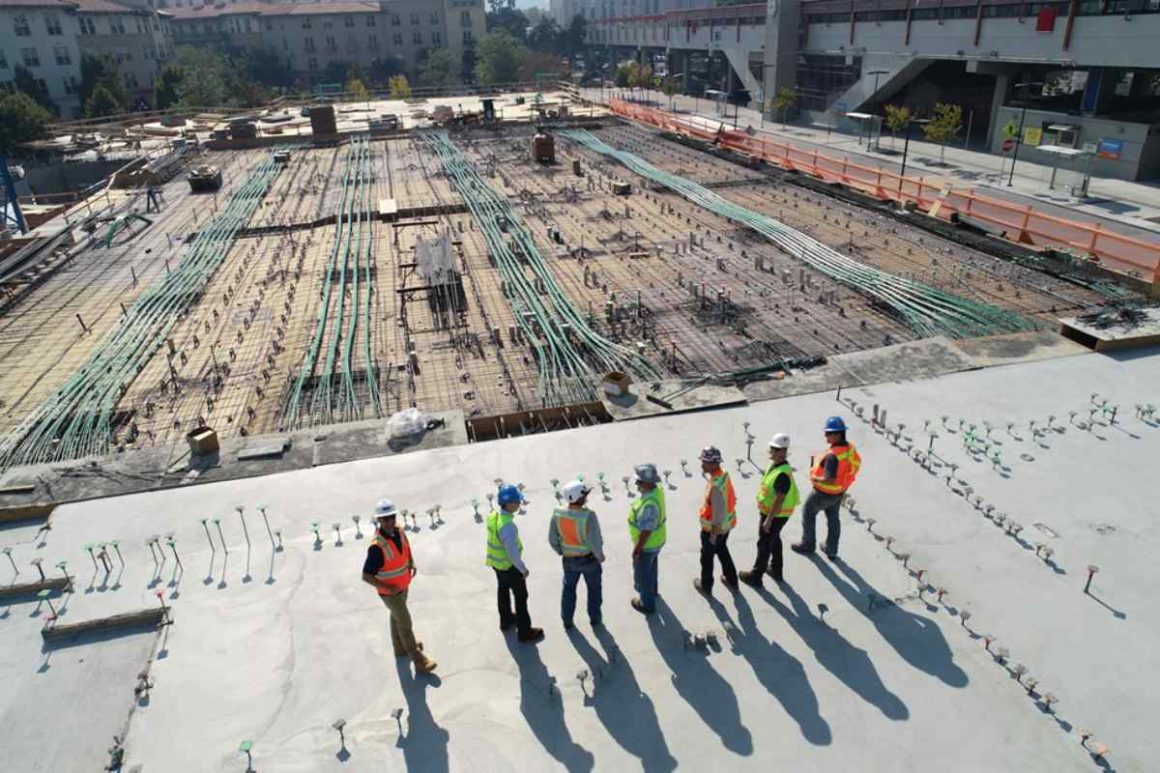The construction industry in the U.S. stands as a pillar of economic growth, infrastructure development, and societal progress. With a rich history dating back centuries, its evolution mirrors the nation’s journey from colonial settlements to modern metropolises.
One of the most compelling aspects of the construction industry is its diversity of career paths and specializations. Architects and urban planners conceptualize and design structures, while civil engineers oversee the planning and execution of infrastructure projects. It certainly seems like a career path with a lot of opportunities.
Statistics from the U.S. The Bureau of Labor Statistics shows that the employment of construction laborers and helpers is expected to grow by 4% between 2022 to 2032. That’s about 151,400 job openings to look forward to.
However, there are a few things you should keep in mind before considering this career option. Let’s explore.
Table of Contents
1. The Work is Harder Than You Think
The construction industry is often romanticized in popular culture, with images of hard hats, heavy machinery, and towering skyscrapers evoking a sense of awe and admiration. Behind the glamor lies a reality that many fail to acknowledge: the arduous and demanding nature of construction work.
At the core of construction work are physical demands that test the limits of endurance and strength. Whether scaling scaffolding, lifting heavy materials, or operating power tools, construction workers face constant strain on their bodies.
Construction sites are dynamic environments characterized by ever-changing conditions and unforeseen challenges. Weather fluctuations, tight deadlines, and logistical constraints contribute to the unpredictability of the job, requiring workers to adapt quickly and problem-solve on the fly.
Delays, setbacks, and emergencies are par for the course in construction, putting pressure on workers to maintain productivity while navigating obstacles beyond their control. This unpredictability can take a toll on mental well-being, leading to stress, anxiety, and burnout among construction professionals.
Despite the vital role they play in shaping the built environment, construction workers often face a lack of recognition and appreciation for their contributions. The stigma associated with manual labor and blue-collar professions perpetuates stereotypes that undermine the skills, expertise, and craftsmanship of construction professionals.
Additionally, misconceptions about the industry as dirty, unskilled, or low-paying further marginalize workers and discourage individuals from pursuing careers in construction.
2. You Risk Your Health in Multiple Ways
Construction sites are rife with physical hazards, ranging from falls and slips to being struck by objects or caught in between machinery. These accidents can result in severe injuries such as fractures, amputations, or even fatalities.
It used to be much worse in the pre-OSHA era, where the lack of regulations meant workplace fatalities were 65% higher than today. And that’s just for fatalities. The number of people getting injuries, many of which might have been life-changing was even higher.
Thankfully, regulations have reduced the risk of accidents caused by negligence, poor planning, and management. That said, it doesn’t mean that the field has become perfectly safe.
Construction workers are still exposed to dangerous environments. They are exposed to various airborne contaminants such as dust, silica, asbestos, and chemical fumes. Prolonged exposure to these substances can lead to respiratory ailments such as chronic obstructive pulmonary disease (COPD), asthma, and pneumoconiosis.
Silicosis, a lung disease caused by inhaling crystalline silica dust, is particularly prevalent among construction workers involved in activities like drilling, cutting, and grinding of concrete and stone.
Similarly, a lot of workers are looking into filing PCB exposure lawsuit cases because of how toxic dealing with the substance is.
According to Tru Lawsuit Info, PCB refers to ‘polychlorinated biphenyls,’ a group of chemical compounds that can cause a range of health issues. These include anything from developmental and neurological effects to liver damage and reproductive disorders.
3. Some Construction Jobs Pay Far Better than others
The construction industry is characterized by a wide range of job roles and specializations, each with its own unique skill set, demands, and compensation structures. While some positions command modest salaries, others offer lucrative opportunities, with certain niches enabling individuals to earn substantial incomes reaching six figures.
Positions requiring specialized skills, technical knowledge, and extensive experience often command higher salaries. For instance, roles such as project managers, architects, engineers, and construction supervisors typically require advanced qualifications and expertise, resulting in higher compensation.
It’s not unheard of to hear union crane operators making six figures within six months and taking a vacation for the rest of the year. It’s a common mistake to think that construction jobs are all-low paying, but the positions are worth researching because some pay quite well. There’s a lot of disparity between jobs based on the specific skills they require.
Factors such as skill level, demand, geographic location, unionization, and specialization influence salary levels within the industry. By leveraging their expertise, pursuing advanced qualifications, and targeting high-paying niches, construction professionals can maximize their earning potential and achieve financial success in this dynamic and diverse field.
In conclusion, the trades are often overlooked by people, but if you know what you are getting into, it can be highly rewarding. People tend to not take blue-collar work too seriously, but they are surprised to see some positions offering considerable wages. Many times, these wages are considerably higher than in classic white-collar roles.
That said, like any other position, it does come with its challenges and difficulties. There is a lot of hard work that also comes with the job in addition to the health risks that you expose yourself to. Then again, every career has selling points and pain points so it’s not so different in the long haul.



